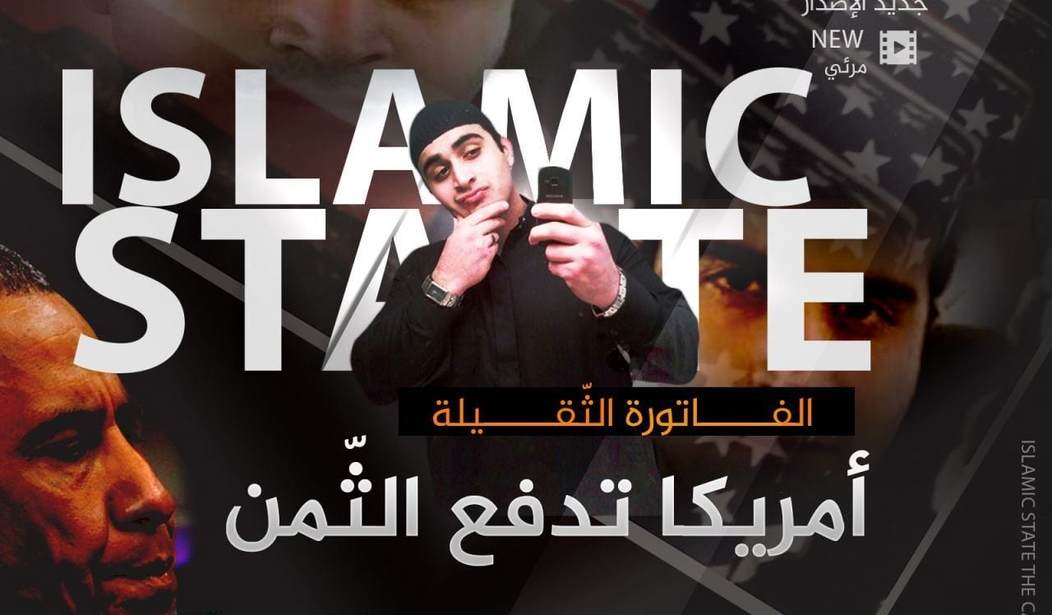When former Washington Post contributor Jamal Khashoggi was brutally murdered in Istanbul, debate surfaced over whether or not the opinion writer, who had written columns critical of Saudi Arabia and Crown Prince Mohammed bin Salman, was an activist for reform in his native Saudi Arabia or little more than an agent working on behalf of the Qatari and Turkish governments.
Jim Hanson, president of the Security Studies Group, definitely thinks it was the latter.
But during Security Studies Group research for our report on the information operation after his death, we heard from reliable sources familiar with the investigation that documents showing wire transfers from Qatar were found in his apartment in Turkey. They were immediately put out of reach by Turkish security services, so they did not show the collusion between Khashoggi, Qatar, and Turkey prior to his death. We have published a new, unredacted set of findings about the case. It is damning to Qatar, Turkey, and the Washington Post.
Khashoggi may have been operating in violation of the Foreign Agents Registration Act by doing this on behalf of Qatar. This is the same law that caused both Gen. Michael Flynn and Paul Manafort legal jeopardy by not filing their attempts to influence the U.S. government on behalf of a foreign entity. The op-eds published in the very influential Washington Post certainly qualify as attempts to change U.S. policy against Saudi Arabia and in favor of the Muslim Brotherhood, which Qatar supports in spite of its status as a terrorist organization with most other Gulf countries.
The Washington Post, however, doubled down on protecting the reputation of their columnist, devoting ample space in the Global Opinions section via editor Karen Attiah to promoting Khashoggi’s pro-Islamist ideas:
In his last piece before his death, #Khashoggi wrote: The Saudi Arabian crown prince must also accept that the Houthis, the Islah (Sunni Islamists) and the southern separatists should play a future role in the governance of Yemen."https://t.co/FT1HaWepJA
— Karen Attiah (@KarenAttiah) November 9, 2018
WaPo is going to find it harder to make the case they were unaware that Khashoggi was possibly more than merely a reformer and not an asset for Islamists, however, in light of new revelations about yet another contributor to the news outlet, one Mohammad Ali al-Houthi, a prominent Houthi rebel leader.
On November 9, the radical extremist leader was given valuable space in the Washington Post’s Global Opinions section, edited by Karen Attiah, a passionate advocate for the controversial slain Saudi activist Jamal Khashoggi, who in his last days worked as a de facto asset to the Qatari and Turkish regimes.
…
In his Washington Post column, the Houthi radical claimed to want “peace for Yemen.”
“We love peace — the kind of honorable peace defended by our revolution’s leader, Abdulmalik al-Houthi. We are ready for peace, the peace of the brave. God willing, Yemenis will remain the callers of peace and lovers of peace,” al-Houthi wrote.
Two months after this column was published, video surfaced of al-Houthi firing a shoulder mounted rocket launcher and shouting “Allah is the greatest. Death to America. Death to Israel. Curse the Jews. Victory to Islam.”
https://twitter.com/Doranimated/status/1080118226040877056?ref_src=twsrc%5Etfw%7Ctwcamp%5Etweetembed%7Ctwterm%5E1080118226040877056&ref_url=https%3A%2F%2Fwww.conservativereview.com%2Fnews%2Fvideo-surfaces-of-wapo-op-ed-contributor-chanting-death-to-america%2F
Freedom of the press and the free exchange of ideas is a wonderful thing and should be cherished. And The Washington Post is free to publish the ideas of anyone they see fit, even if those ideas run counter to the very freedom that allows for their publication.
However, as the Conservative Review piece notes, “[n]owhere in the piece did the Washington Post add a disclaimer or note the fact that the Houthis routinely commit war crimes.”
A huge part of responsible news reporting is providing context for the information being disseminated. Hopefully The Washington Post will begin again to adhere to those journalistic ethics or risk looking, at best, like pawns of bloody regimes that seek the destruction of free people. Or, at worst, like advocates for them.












Join the conversation as a VIP Member